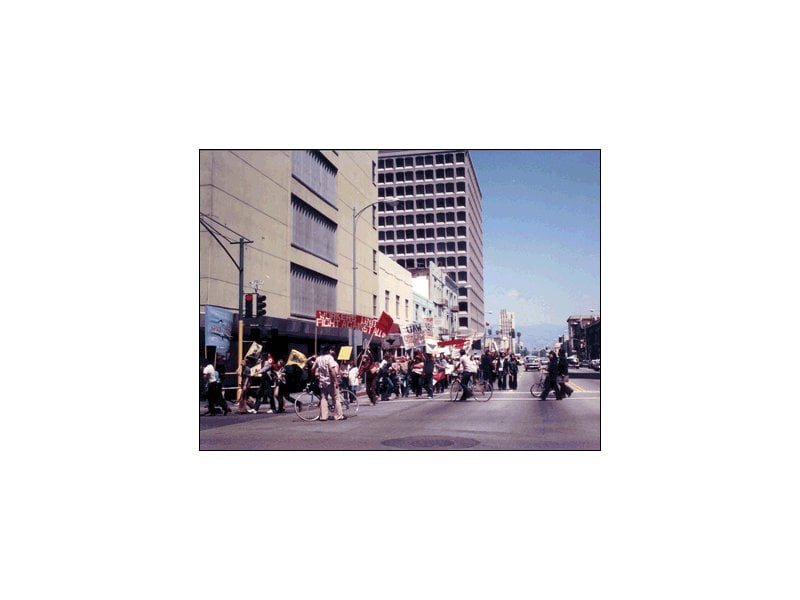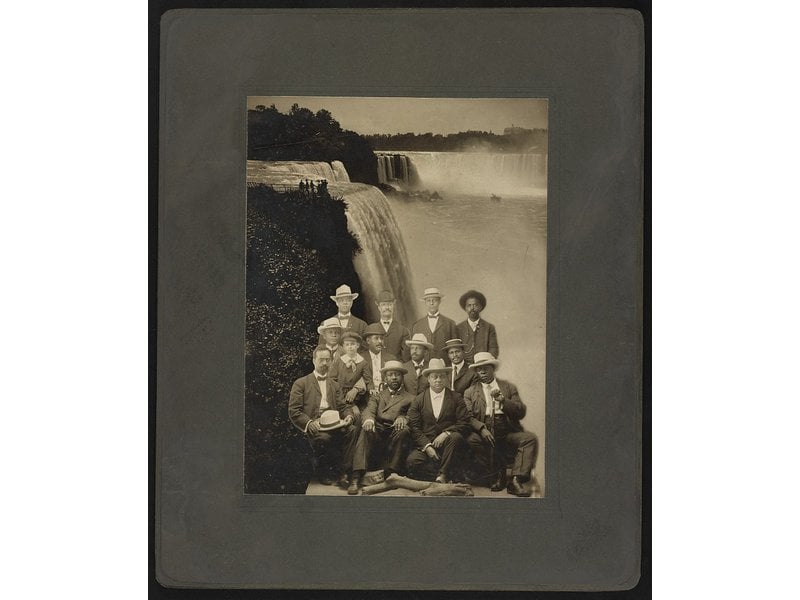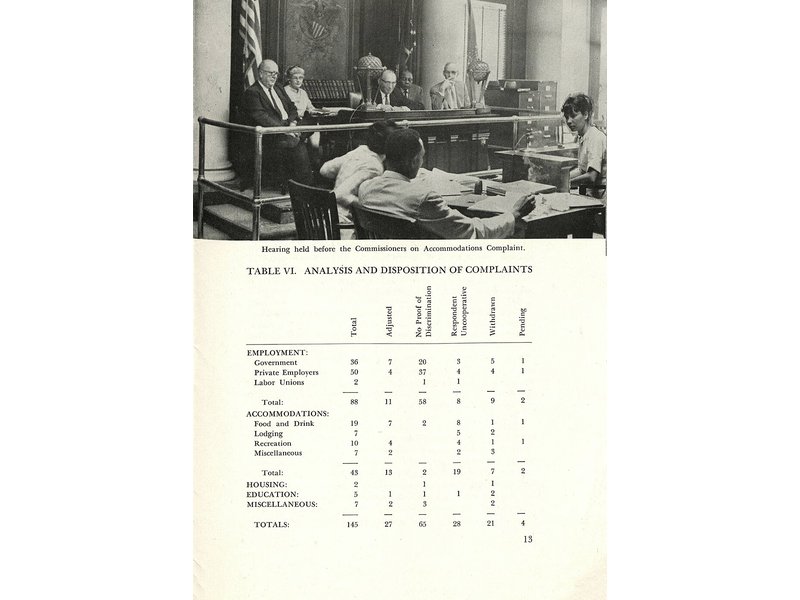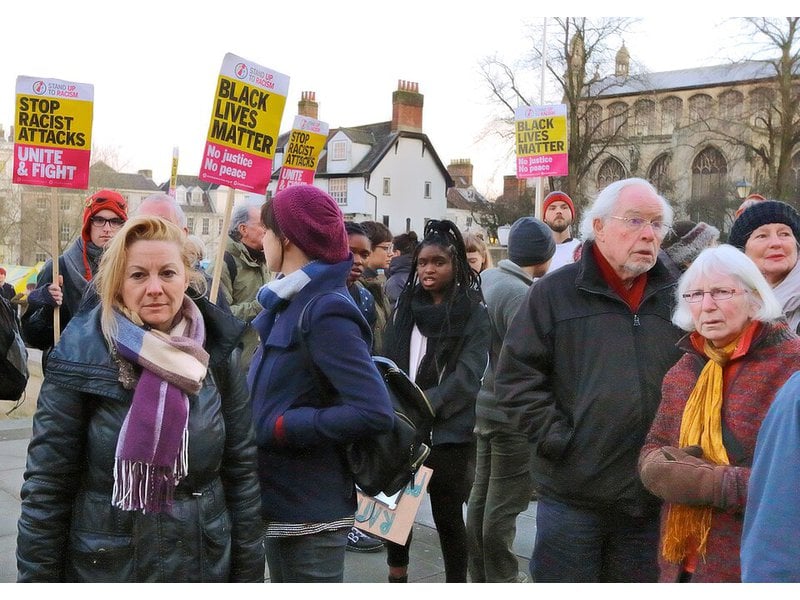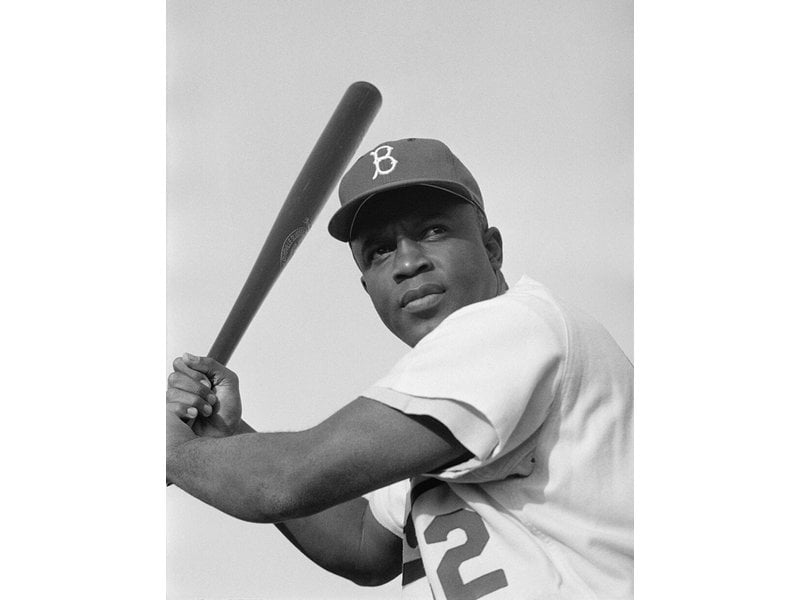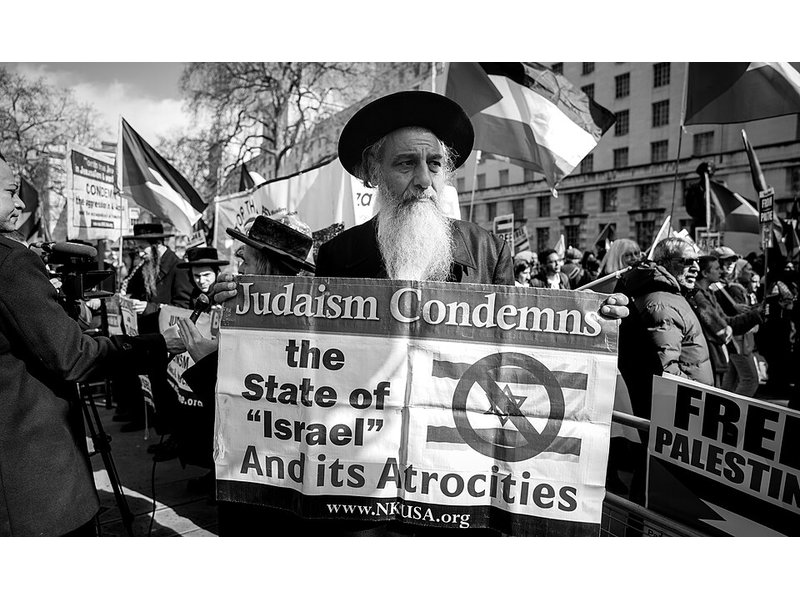177 speak in
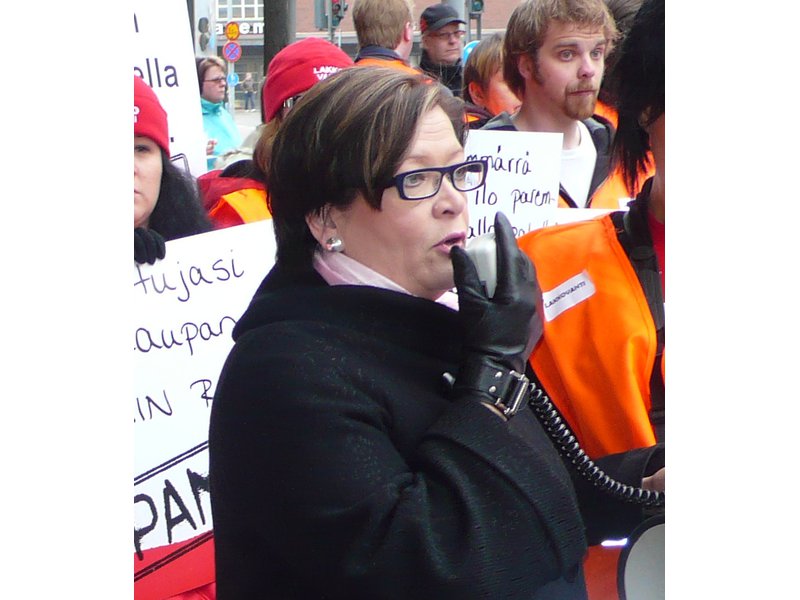
"A special form of nonviolent intervention occurs when actionists interrupt a meeting, church service, or other gathering for the purpose of expressing viewpoints on issues which may or may not be related directly to the occasion. Since the intervention is primarily interference with the social form of the meeting, this method can best be classed as one of social intervention, although it includes psychological and physical aspects also."...
Potentially awesome partners
High scoring campaigns using this method
Historical cases from the Nonviolent Action Database that used this method
U.S. National Woman's Party campaigns for suffrage, 1914-1920
When Alice Paul emerged into the somewhat stagnant scene of the National American Woman’s Suffrage Association’s (NAWSA) campaign for the right to vote in 1912, the energy and momentum of the movement surged. Having just come from Britain where women...
Carleton University students win divestment from apartheid South Africa, 1985-87
Across much of the world during the mid-1980s, students on university campuses led boycott, divestment, and other solidarity campaigns targeting the apartheid government of South Africa. This solidarity movement played a fundamental role in the ultim...
Love Canal residents campaign for clean environment, New York, USA, 1978-1980
In 1894, William T. Love started construction on a power canal in an area outside of Niagara Falls in upstate New York. Although the canal was never completed, the neighborhood of Love Canal was born and soon became a locus of major chemical companie...
Memphis, Tennessee, sanitation workers strike, 1968
On February 12, 1968, sanitation workers in Memphis, Tennessee, began a labor strike to protest unfair wages, unsafe working conditions, and the city’s refusal to recognize their sanitation workers union. Their union chapter, Local 1733 of the Americ...
Industrial Workers of the World campaigns for free speech in Spokane, Washington, U.S.A., 1908-1910
Around the turn of the 20th century, employment agencies, or, as they were known to many workers, “job sharks” had a monopoly on casual laborer in the American West. Industries such as mining and agriculture would contract labor out to an agency, whi...
Winnipeg community members prevent overpass construction, 1979-1981
Canadian inner-city neighbourhoods are often a passing thought to political figures and city residents, especially when their demolition means new development and million dollar deals. One such case was that of the decision to build an overpass in Wi...
U.S. AIDS Coalition to Unleash Power (ACT-UP) demands access to drugs, 1987-89
In 1987, the HIV/AIDS epidemic was still localized to urban centers, most notably gay men in New York City (NYC). Despite thousands of sufferers within NYC, little city public health or housing funding was devoted to the population. Nonprofits that s...
U.S. Activists campaign to support the East Timorese independence movement, 1991-1999
East Timor, a portion of the Indonesian archipelago, was colonized by Portugal in the 16th century. It was not until 1975 that Portugal decolonized the area, at which point East Timor declared independence. Shortly after this, however, the Indonesian...
University of Toronto students win divestment from apartheid South Africa, 1984-1990
Beginning in 1983, students and student allies at the University of Toronto began creating the organizational structures needed to pressure the University to divest from South Africa. Students created an Anti-Apartheid Network, or AAN, drawing member...
University of North Carolina students win divestment from apartheid South Africa, 1986-1987
In 1983, the UNC-Chapel Hill Endowment Board agreed to stop investing with firms that rejected the Sullivan Principles, a code of business practices of foreign companies that wished to treat South African workers fairly which was developed by the Rev...
Low scoring campaigns using this method
Historical cases from the Nonviolent Action Database that used this method
Toronto hippies campaign for street closure, Canada, 1967
In 1967 Yorkville Village, Toronto was a neighborhood inhabited by many aspiring artists, hippies, greasers, bikers, youth, and others looking to embrace the counter culture lifestyle. This lifestyle attracted many youth who travelled from all across...
University of Washington Student Worker Coalition strikes against cutting higher education budgets, 2010
The University of Washington Student Worker Coalition (SWC) is a group created to advocate for the rights of students who work on campus and employees of the campus. The SWC has protested against worker abuses, unfair labor practices, and most recent...
Vancouver Women's Caucus fights for reproductive rights (Abortion Caravan), Canada, 1970
Reforms to the Canadian Criminal Code legalized abortion in 1969. Under the direction of Pierre Trudeau’s government, a constitutional amendment was made to Section 251 of the Code. The alteration limited legal abortions to be performed only when the...
